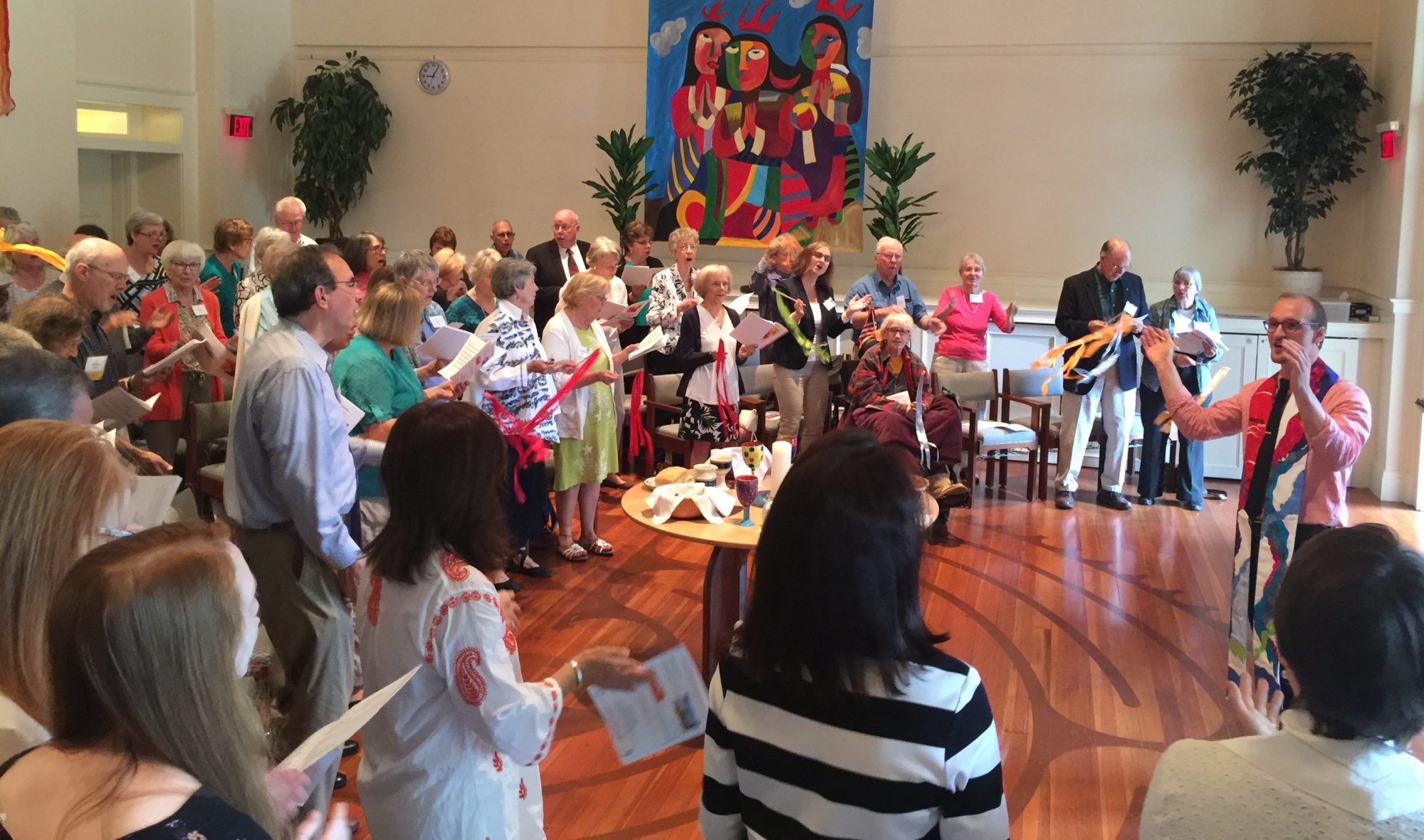Scripture: Dialogue & Transformation
I cherish the Bible. I’ve been actively reading and re-reading it since I was a teenager. Its visions and prophecy, poetry and song, lament and praise have inspired much of my own. I meditate on it, study it, and wrestle with it. Because I love it, however, I am also willing to question it, and it most certainly also puts me into question in return. The Bible did not drop down from heaven pre-packaged, nor was it etched in ink by passive hands. Rather, it exemplifies a people actively struggling to discern the presence and absence, the work and ways of the Divine in the world—and the implications for how to live as a result. As such, it is a testament to both the genius and dangers of our endeavors to speak of God.
A fundamental question with which to begin, therefore, is: What is one’s relationship to the Bible? For many, the orienting principle for this relationship is one of obedience. As the authoritative Word of God, we must read Scripture and apply it to our world today; this is what it means to faithfully do the will of God. For some, this principle radically undermines obedience to abusive human authorities, as one is ultimately obedient only to God and Scripture. A problem quickly arises, however: what do we do with the fact that Christians interpret the Bible in radically contradictory ways, and yet each one claims to be seeking to obey the will of God? What one person insists is culturally limited to its historical context and therefore can be left in the past, another says is the eternal will of God and must be applied today, and vice versa. Who is right and who is wrong—and on what grounds is this decided?
Even more, how do we obey the Bible when it doesn’t even obey itself? For instance, Ezekiel (18:1-4) challenges the notion of intergenerational divine punishment emphasized in Deuteronomy (5:9), Exodus (20:5; 34:6-7), and Numbers (14:17-19). “Proverbs seems to say, ‘These are the rules for life; try them and find that they work.’ Job and Ecclesiastes say, ‘We did, and they don’t!’”[1] A common refrain in Jesus’ mouth is: “You have heard it said, but I say….” But in the gospels of Mark (10:2-12) and Luke (16:18), Jesus says that whoever divorces and remarries commits adultery, while in Matthew (5:31-32; 19:3-12) Jesus says it is not adultery if one does so because of infidelity. Paul, however, writes: don’t get divorced, but if you do don’t remarry (1 Cor. 7:10-11). It’s exhausting, and these are just a few of the myriad examples.
With all of these variances, I believe it is more important to challenge ourselves to reflect and dialogue about why we interpret Scripture the way we do rather than debating the “right” interpretation that must be obeyed by all. If God truly is still speaking, then we too are invited into this dialogue that we find taking place within Scripture itself. We are invited to listen anew for God’s surprising voice in Scripture but also to wrestle with and challenge it. For instance: if one reads 1 Corinthians 14:34-36, which admonishes women to be silent in church gatherings, but believes that women should be able to speak up and lead churches, what else in Scripture or personal experience would she offer as her reasoning? Likewise, if one thinks women should not be leaders in churches, what would she offer as her reasoning?
Rather than seeking to win a debate, we pursue such dialogues with Scripture and one another with an openness to repentance—literally, “a change of mind”—as we seek to be transformed by the perpetual renewing of our minds (Rom 12:1-2). Central to these dialogues is listening honestly and with anticipation to encountering God in surprising ways. As we do, we learn more about one another and ourselves—including our own blindspots and prejudices. When we listen to be renewed and transformed, we learn more about God. Indeed, we learn that God cannot be domesticated or controlled; She will continue to break through our stifling barriers and invite us to discover life anew. With humility and grace, through these conversations we may even begin to heal the wounds we’ve caused one another.
[1] David Hubbard, Tyndale Bulletin 17, 1966, p.6.
